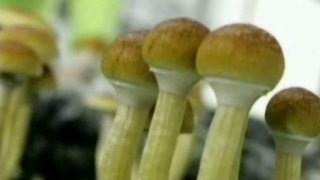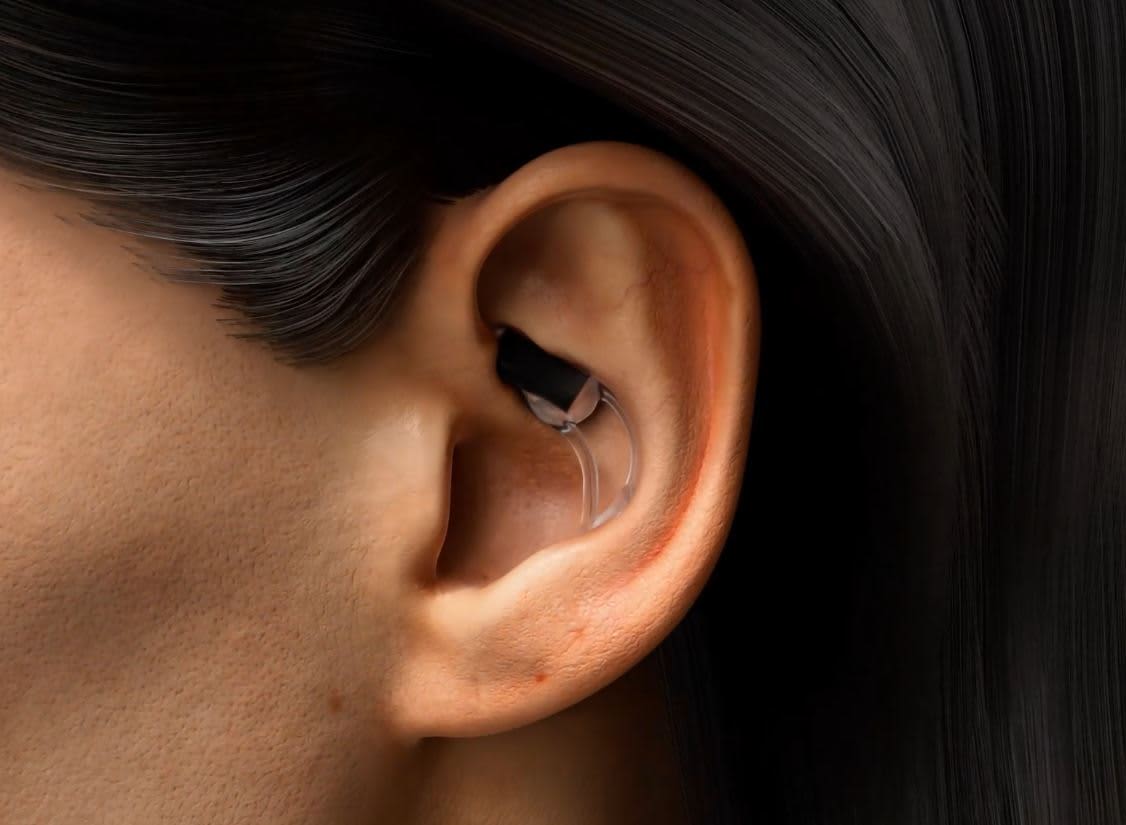
In his fourth year of sobriety from drugs and alcohol, Chip McHugh decided to break the law and grow mushrooms in his own home, in his bid to avoid a relapse as he experienced "a lot" of irritability and discontent.
Online research led him to learn about the use of psychedelics, which McHugh -- who is now 14 years sober -- credited with changing his life and mending a relationship with his father. McHugh said it wasn't an easy decision to take the substances at first, but he also chose to keep an open mind in order to improve his life.
"I was under the influence of mushrooms, and I had these profound moments where the trauma was being released as I cried and came to an understanding over many hours that my dad was absolutely my hero," McHugh testified during a Joint Committee on the Judiciary hearing Tuesday afternoon.
Several bills before the committee would legalize some natural plants and fungi containing psychedelic compounds, ensuring people aren't penalized for possessing, cultivating, transporting or using the substances. Compounds like psilocybin, psilocin, dimethyltryptamine, mescaline and ibogaine would be decriminalized under the bills.
Get Boston local news, weather forecasts, lifestyle and entertainment stories to your inbox. Sign up for NBC Boston’s newsletters.
The proposal from Rep. Nicholas Boldyga (H 3589) would legalize plant medicines for people ages 21 and older, according to the Southwick Republican's office, and help tackle the country's mental health epidemic. Meanwhile, proposals from Rep. Lindsay Sabadosa and Sen. Pat Jehlen (H 1754 / S 1009) would expand use of the plant medicine to individuals ages 18 and older.
Jehlen, a Somerville Democrat, emphasized the bill is not intended to spur a profitable industry -- unlike the legalization of recreational cannabis.
Boldyga, a former law enforcement officer, framed the psychedelic substances as a tool for treating post-traumatic stress disorder in a "profound and transformative way." The compounds had been at the "cutting-edge" of mental health therapy until the Nixon administration, Boldyga said, as he lamented government bureaucrats deemed them as having no medical use yet a high potential for abuse.
But now, states including Colorado, Oregon and Washington have legalized some compounds, Boldyga said in his testimony.
"Massachusetts has the opportunity to lead the way in the mental health revolution," Boldyga said. "It's been said an idea whose time has arrived cannot be stopped ... I believe that time is now for these life-saving plant medicines as a new paradigm in how we view, and understand, and treat mental health is upon us."
More health news
Boldyga invoked Massachusetts General Hospital's Center for Neuroscience of Psychedelics, which opened in February 2021, as a prime example of recognizing the value of plant medicines. Psychedelics aren't slated to be widely accessible due to steep costs, but they can provide "immense potential benefit" for certain conditions, said Dr. Franklin King, who's the director of training and education at the center.
"It's almost impossible to overdose on any psychedelics, and it's biologically impossible to become addicted to them," King, who spoke independently of his employer, testified.
The psychedelic substances at issue are effective at treating anxiety and depression, among other psychological conditions, Jehlen testified. Multiple cities and towns -- including Cambridge, Somerville, Salem and Northampton -- have passed local ordinances aimed at decriminalizing psychedelics, she said.
"There are almost no documented health risks, especially compared to other substances that people use commonly, including legal ones such as alcohol," Jehlen testifed. "They're not dangerous to the person or to the persons around them. So given the potential benefits and low risks, I think that decriminalizing these substances is reasonable."
Psychedelic substances have been used for thousands of years by some cultures, though Sabadosa noted they only became criminalized in recent decades. That status is hindering potential research, particularly by limiting which substances doctors and researchers are allowed to access, the Northampton Democrat said.
The Schedule I drug classification by the federal government is an "unscientific, biased and unjust labeling scheme that has done tremendous harm -- that has stopped for decades and severely slowed down research" into psychedelic compouds, said Lt. Sarko Gergerian of the Winthrop Police Department.
"Police officers are more likely to die by suicide by placing the barrel of the weapon in their own mouths and pulling the trigger than by attack on the street by civilians," Gergerian, who's also a psychotherapist, testified. Yet officers lack access to natural compounds for therapeutic or psycho-spiritual practices, Gregerian said, as he pleaded for help on behalf of law enforcement professionals, first responders and everyday residents.
If you or someone you know is in crisis, call or text 988 to reach the Suicide and Crisis Lifeline or chat live at 988lifeline.org. You can also visit SpeakingOfSuicide.com/resources for additional support.




